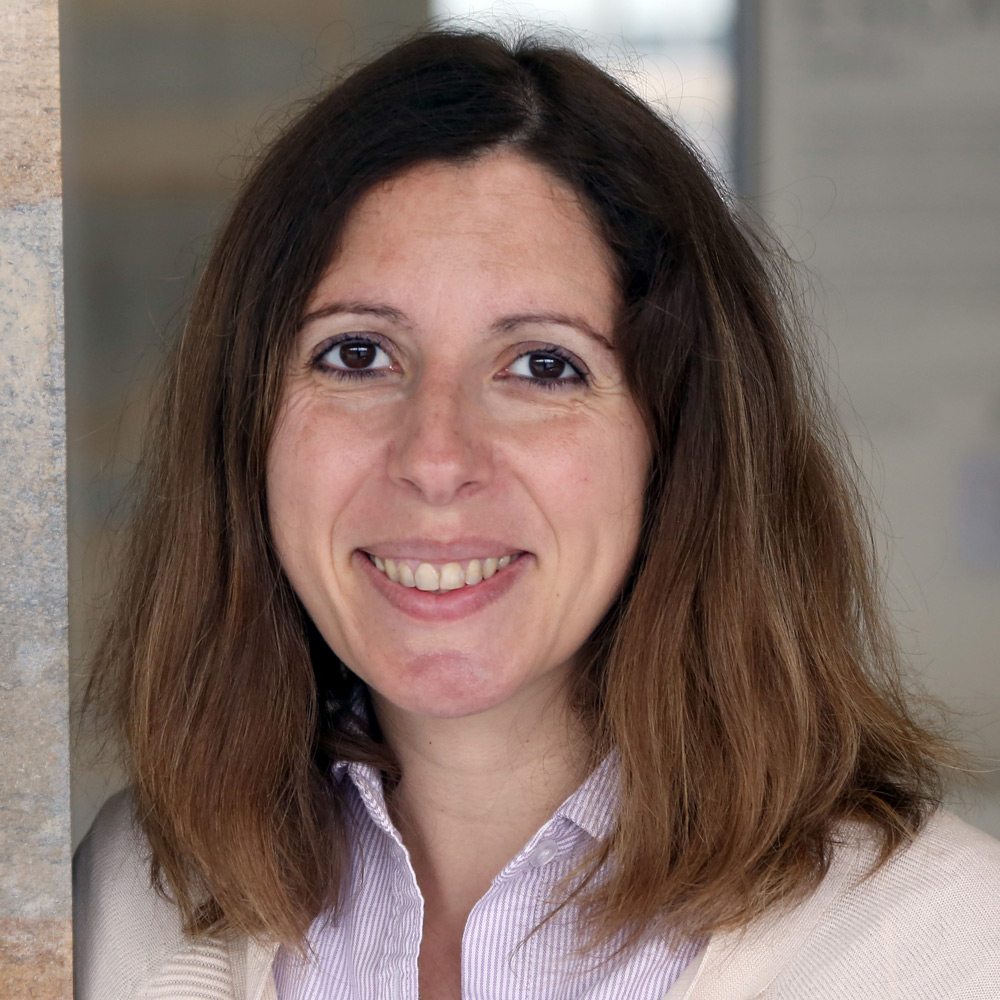Digital Humanities
Exploring humanities from a digital perspective
With reference to the influence of new technologies on ways of being human, or via the methods that new technologies offer, our academics are exploring beyond what it means to be human, and beyond the things that help us to understand the world we live in.
Our work in the Digital Humanities at Essex coheres around three broad and interrelated themes: democracy and power; space and place; and new forms of knowledge, understanding and communication.
The Digital Humanities at Essex are underpinned by the same commitment to open-mindedness, radical critique and social justice that characterises all scholarship in the Humanities at this University.
About the Digital Humanities
Democracy and power
Scholars concerned with democracy and power explore the relationship between posthumanism and autonomy; the effects of technologies on social disparities; and what new technologies might mean for concepts of rights and justice traditionally centred around the individual.
Space and place
Those interested in space and place consider how digital technology shapes spectatorship, especially engagement with objects; the possibilities technology offers for reparation and healing in the face of disasters and trauma; how technology reshapes our sense of ‘locatedness’ in the present and past; and what authenticity means in a world where technology is reshaping ideas of place and the meaning of memory.
Knowledge, understanding and communication
Those exploring new forms of knowledge, understanding and communication consider how databases uncover and create connections between people and places to create radical new possibilities for individuals to understand their place in the world; how digital ways of working can foster collective working methods that challenge conventional notions of authorship and ownership; and how technology offers new possibilities for representation beyond linear narratives, thus reflecting the entanglement of lives and histories in today’s world.
Our members
Academic staff members working in the Digital Humanities come from a range of disciplines.
Academic staff

Senior Lecturer
School of Philosophical, Historical, and Interdisciplinary Studies, University of EssexDigital technologies with a focus on digital replicas of heritage, virtual museums, and immersive environments for heritage and museums.

Lecturer
Department of Literature, Film and Theatre Studies, University of Essex

